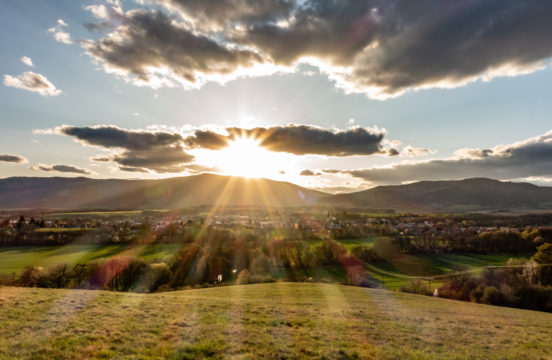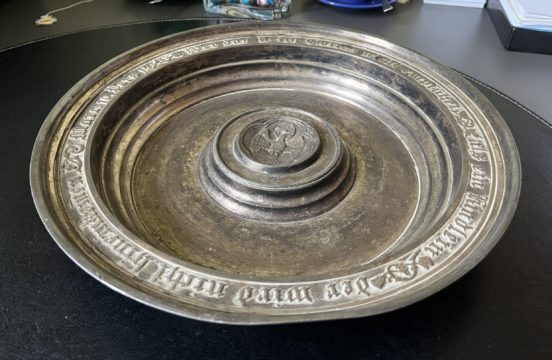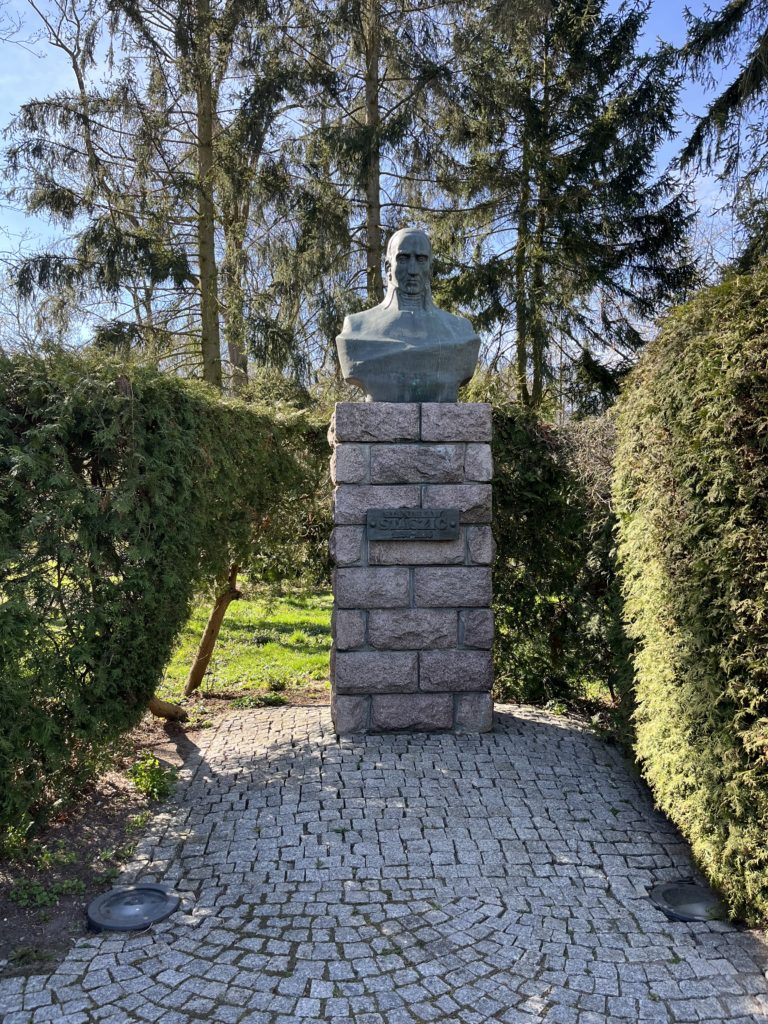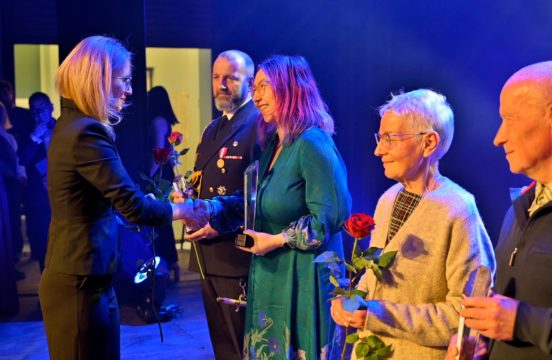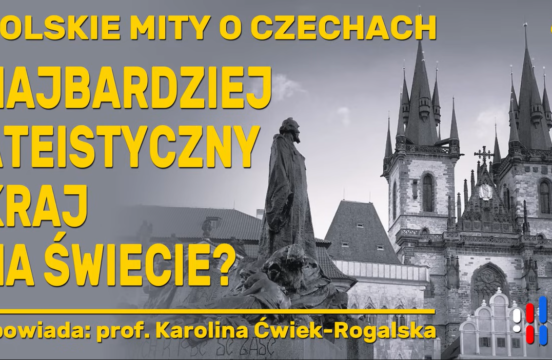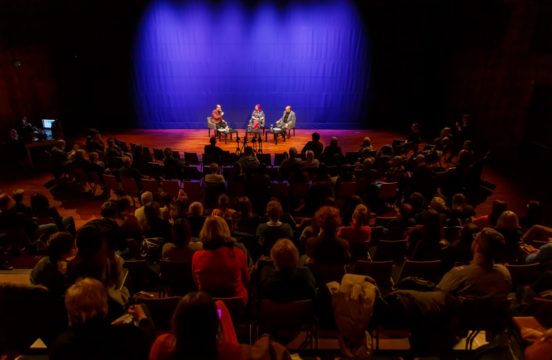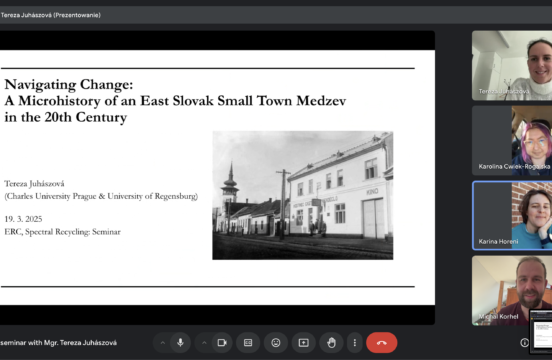Although the Hauerland region was historically dominated by a German population, it also included predominantly Slovak villages. As a result, German settlement in the area can be divided into several distinct zones. Our researcher, Michal Korhel, has previously conducted fieldwork in the vicinity of Handlová. However, he recently visited Nitrianske Pravno and its surrounding villages, where he encountered a reality unfamiliar from his earlier research: the visible presence of German heritage in public spaces.
During World War II, this area was known for strong anti-fascist resistance, led by local Germans with communist sympathies – particularly from the village of Malinová – who fought in the Slovak National Uprising (SNP) and afterwards as partisans. Their legacy is honored today in Malinová with a monument in the village center. Nearby, there is also a “partisan” bunker, which was likely never used by partisans but instead served as a shelter for the local civilian population. Due to its proximity to the village, it became a memorial site after the war. Twice a year, local residents gather there to commemorate the resistance to fascism.
A monument to the SNP also stands prominently in the center of Nitrianske Pravno. However, it shares space – and perhaps symbolic significance – with a monument dedicated to local inhabitants who died in the First World War, bearing exclusively German inscriptions. Just behind it is a museum of local German culture. German inscriptions can also be found in churches, both in Nitrianske Pravno and in neighboring villages such as Malinová and Tužina. Michal also visited local cemeteries, where he found many German tombstones and monuments commemorating the region’s German population.
The widespread remnants of German heritage in Nitrianske Pravno and its surroundings also evoke memories of the post-war period, when property was confiscated from local Germans and redistributed to Slovaks – some from nearby villages, others from Hungary, Poland, Romania, or Subcarpathian Ruthenia. In nearly every interview Michal conducted during his visit, locals expressed that the post-war property settlement has not been forgotten and continues to influence relations among the area’s inhabitants.

